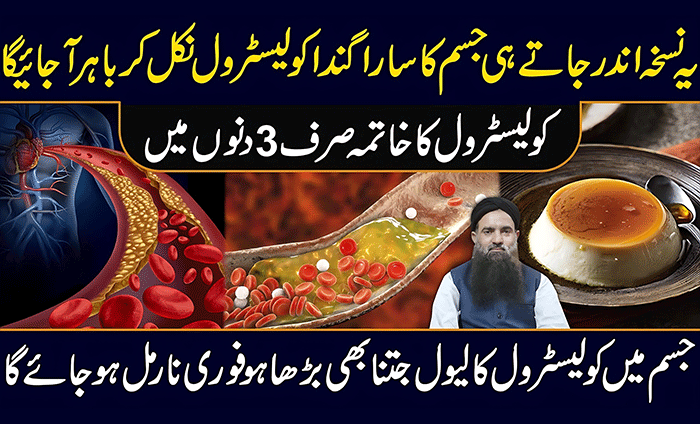
What is Eczema? Eczema, also known as atopic dermatitis, is a chronic condition characterized by inflammation of the skin. It manifests as red, itchy rashes that can appear anywhere on the body. While eczema can affect individuals of any age, it is more prevalent in children.
Causes of Skin Allergy Eczema: Understanding the causes of eczema is crucial for effective management. Genetic factors play a significant role, with a family history of allergic conditions increasing the likelihood of developing eczema. Environmental triggers, such as exposure to allergens or irritants, can also contribute to the onset or exacerbation of eczema.
Skin Allergy Eczema Causes and Treatment (Urdu)


Symptoms
1. Itching and Redness
The hallmark of eczema is persistent itching, often accompanied by redness of the skin. The urge to scratch can lead to further inflammation and potential complications.
2. Dry and Sensitive Skin
Eczema-prone skin tends to be dry and sensitive. Maintaining proper skin hydration becomes essential to alleviate discomfort and reduce the frequency of flare-ups.
3. Rash Formation
The appearance of rashes is a common symptom of eczema. These rashes may vary in size and can be accompanied by small, fluid-filled bumps that may ooze and crust over.
Transition: Now that we’ve identified the symptoms, let’s explore how to effectively manage and alleviate the discomfort associated with skin allergy eczema.
Managing Skin Allergy Eczema
1. Gentle Skincare Routine
Adopting a gentle skincare routine is paramount for individuals with eczema. Use mild, fragrance-free soaps and moisturizers to keep the skin hydrated without triggering irritation.
2. Avoiding Triggers
Identifying and avoiding triggers is crucial in managing eczema. Common triggers include certain fabrics, harsh detergents, and exposure to allergens like pet dander or pollen.
3. Moisturization
Regular moisturization is a key element in managing eczema. Choose a hypoallergenic moisturizer and apply it liberally, especially after bathing, to lock in moisture.
4. Topical Steroids
In cases of moderate to severe eczema, dermatologists may prescribe topical steroids to reduce inflammation and alleviate symptoms. It is crucial to use these under the supervision of a healthcare professional to minimize side effects.
Now that we’ve explored management strategies, let’s discuss preventive measures to reduce the recurrence of eczema flare-ups.
Preventive Measures
1. Dressing Appropriately
Wearing loose-fitting, breathable clothing made from soft fabrics like cotton can help prevent irritation and minimize the risk of flare-ups.
2. Allergen-Free Home Environment
Creating an allergen-free home environment can significantly reduce the likelihood of eczema exacerbations. Regular cleaning, minimizing dust, and using allergen-proof bedding are essential steps.
3. Stress Management
Stress is a known trigger for eczema flare-ups. Incorporating stress management techniques such as meditation, yoga, or deep breathing exercises can contribute to better eczema control.
FAQs
Q1: Can Grown-Ups Get Eczema, or is it Mostly a Kid Thing?
A1: Yep, adults can get eczema too. It’s more common in kids, but some adults get it for the first time. So, eczema can show up at any age.
Q2: Does Being in the Sun Help or Hurt Eczema?
A2: Some sun is good for eczema because it gives vitamin D. But too much sun can make eczema worse. So, it’s good to be in the sun a bit, but use sunscreen and cover-up to keep your skin safe.
Q3: Can What I Eat Make Eczema Better or Worse?
A3: Yes, what you eat can affect eczema. Some foods, like dairy or nuts, might make it worse for some people. Keep track of what you eat and talk to a doctor to figure out what foods might be causing trouble.
Q4: Are There Natural Ways to Help Eczema?
A4: There’s no cure, but some natural things might help. Oatmeal baths, coconut oil, and chamomile can soothe your skin. But always check with your doctor before relying only on natural stuff for eczema.
Q5: Can Eczema Mess with Your Head?
A5: Yeah, dealing with eczema can be tough on your mental health. The itching, rashes, and having it stick around can make you stressed. It’s important to get support, like talking to someone or joining a group. Taking care of your mental health is part of dealing with eczema.
Dealing with eczema can be tough, but there are ways to manage it. Taking good care of your skin, avoiding things that trigger it, and getting help from doctors when needed are important. Recognizing the symptoms, doing things to prevent it, and taking care of your skin in a holistic way can give long-term relief from the discomfort of eczema.
It’s important to know that everyone’s experience with eczema is different. Getting advice from skin doctors ensures you get personalized care, making life better for those with eczema. By embracing a complete approach to managing eczema, you can control your skin health and live a life without the limitations of this common but manageable skin condition.






